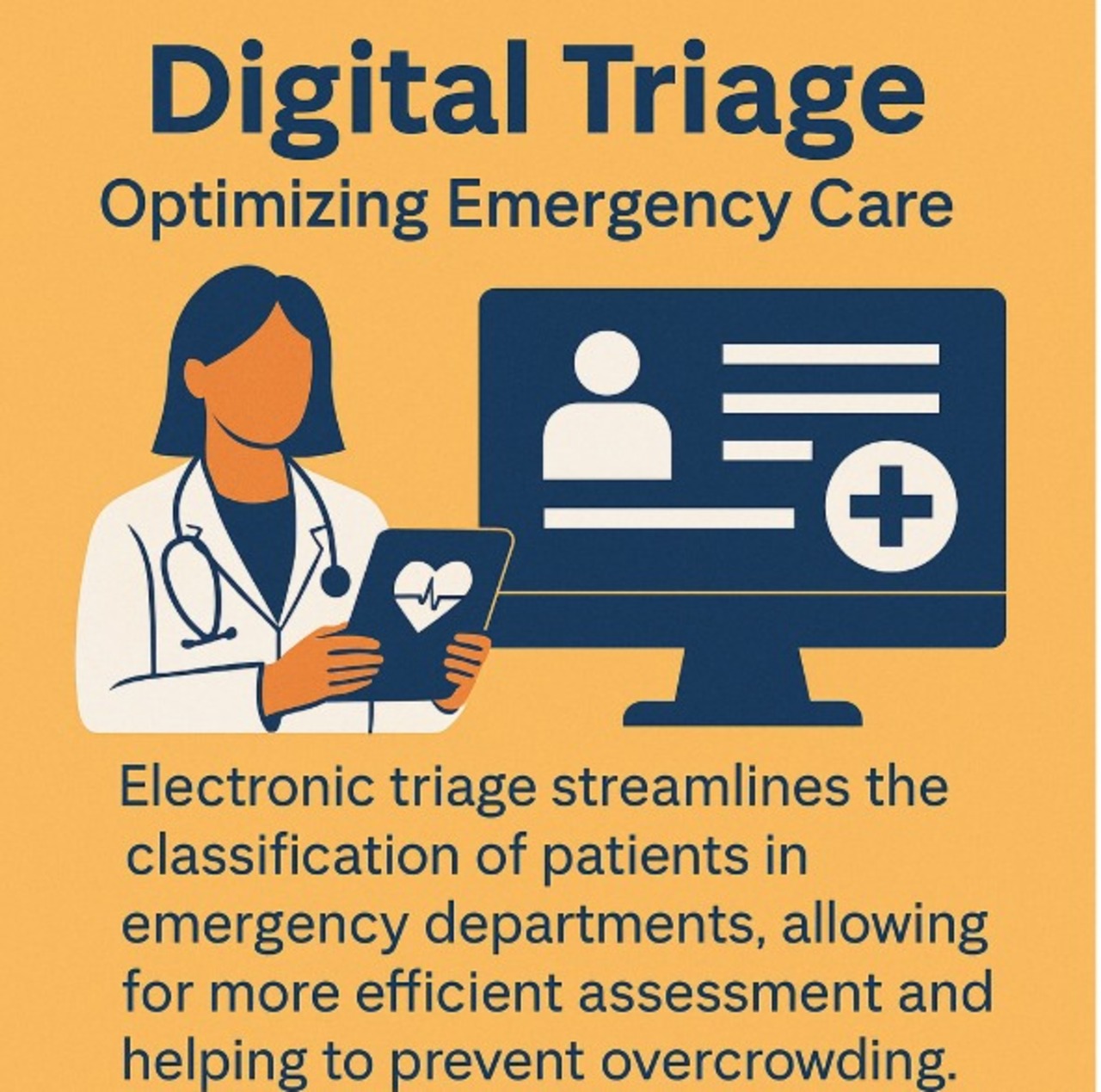
Jobs That May Protect Against Alzheimer’s
These two common professions may help prevent the development of Alzheimer’s and dementia by actively stimulating and engaging the brain.
Driving Against Forgetfulness: The Jobs That May Protect You from Alzheimer’s
In a world where Alzheimer’s disease and other forms of dementia affect millions of older adults, hope has emerged from an unexpected place: behind the wheel. A recent study from Harvard University revealed that certain driving professions — specifically taxi drivers and ambulance drivers — may offer natural cognitive protection against neurodegenerative decline.
Unlike more routine driving jobs, such as school bus or delivery truck routes, these professionals face unpredictable, high-pressure situations every day. They must make quick decisions, plan routes dynamically, memorize numerous paths, and constantly adapt to traffic and environmental changes. This ongoing mental challenge appears to strengthen key areas of the brain linked to spatial memory, orientation, and decision-making.
According to researchers, when the brain is continuously exposed to new tasks and shifting environments, it engages in what's known as neuroplasticity — the process by which it builds and reinforces synaptic connections. In simple terms, the brain gets a workout. This sustained cognitive training may help delay or even prevent the onset of neurodegenerative diseases like Alzheimer’s.
The study used cognitive assessments, brain imaging, and long-term follow-up of various types of drivers. Among its most striking findings was that taxi drivers in large cities showed greater density in the hippocampus — the brain region critical for memory — compared to drivers on fixed routes.
This discovery not only reinforces the idea that the brain thrives on stimulation, but also raises important questions about how certain professions may influence long-term cognitive health. While it isn’t a “cure” for Alzheimer’s, the research suggests a promising preventative path grounded in lifestyle and mental activity.
Neurologists and geriatricians agree that these findings could inspire new strategies for brain health — from active navigation routines for older adults to cognitive training programs that simulate the daily challenges faced by urban drivers.
Not everyone can become a city cab driver, but we can all learn something from them: break the routine, challenge ourselves mentally, and keep our brains in motion. These may be among the simplest, most powerful tools we have to protect our minds as we age.











LEAVE A COMMENT: